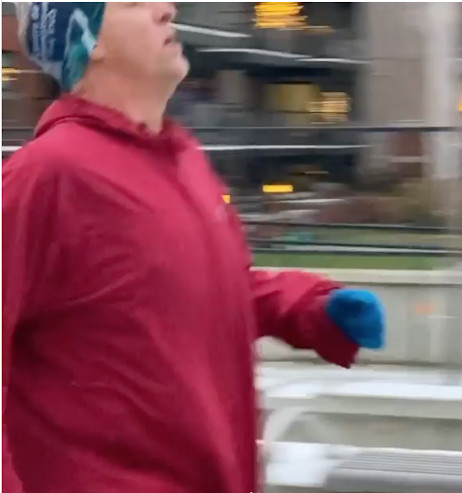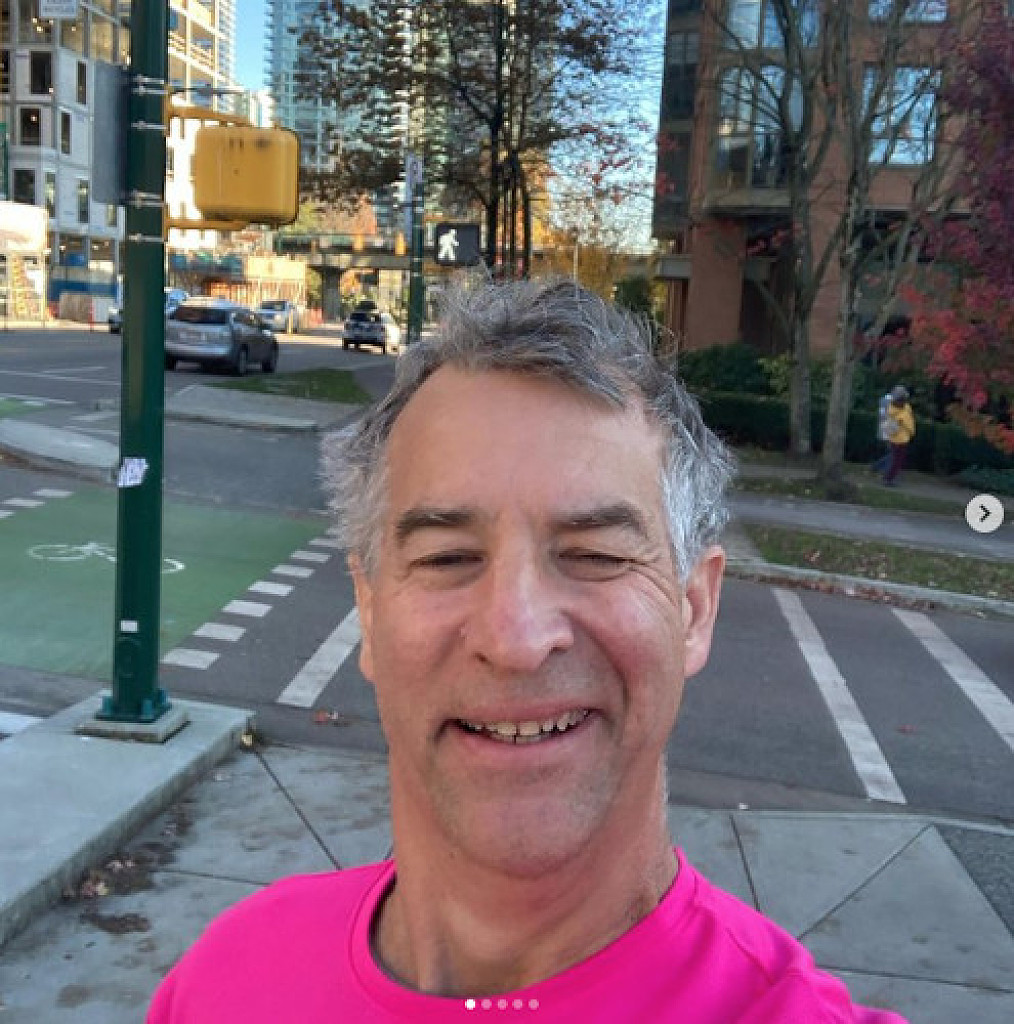Running News Daily
Running News Daily is edited by Bob Anderson. Send your news items to bob@mybestruns.com Advertising opportunities available. Train the Kenyan Way at KATA Kenya and Portugal owned and operated by Bob Anderson. Be sure to catch our movie A Long Run the movie KATA Running Camps and KATA Potato Farms - 31 now open in Kenya! https://kata.ke/
Index to Daily Posts · Sign Up For Updates · Run The World Feed
Stroke survivor: 'running saved my life
When you’re in the middle of a tough training block or trudging through seemingly endless miles in the dead of winter, it’s easy to forget what a privilege it is to be able to go out and run. It’s not until that privilege is taken away from you that you appreciate it for its full value. This is the lesson Perry Cook learned when, after a massive stroke, he was not only unable to run, but he couldn’t walk, talk or speak. This is his story.
Prior to his stroke, the 55-year-old Vancouver resident was an avid runner and all-around fitness lover. He completed three half-marathons in 2018 and also enjoyed activities like speed skating, hiking and cycling. He had been planning on running several other races in 2019, including his first marathon. During a trip to California, his entire life changed, when, on November 5, 2019, Cook suffered a massive stroke that left the entire right side of his body paralyzed.

Cook was admitted to a hospital in California, where his blood pressure was found to be 225/120. The doctors told him had that number reached 230/120, he certainly would have died. He spent the next three weeks at the hospital in California before he was transferred to the GF Strong Rehabilitation Centre in Vancouver. There, he spent the next three months recovering and re-learning how to do basic tasks like walking and talking.
The first time Cook tried walking, he needed two people to hold him up. He persevered, and in early February 2020, he finally went for his first run. It was only 10 metres, but it was a start. The following November on the anniversary of his stroke, he completed his first 10K run. It was slow and brutal, but he was determined. Today, he runs 10K every two days, and he has even worked his way to running up to 15K one day per week
“Doesn’t matter the weather. Rain, shine — who cares?” he said. “I can barely tie my shoes up but running gets me out there no matter what the weather is, and I am alive.”
While Cook is far better than he was a year ago, his recovery process is ongoing, and the lingering effects of what he calls his “California Accident” creates unique challenges when he’s running. He has to focus intently on how his body is moving, his posture and on keeping his right arm in the correct running position. This makes his runs exhausting for both his body and his brain.
“When I run, physically and mentally I’m done after,” he explained, “because I have to make sure my form is good, make sure my arm heals, my shoulder heals.”
Cook has big plans for the future, including finally running that marathon he was going to do back in 2019. When asked if he feels he’ll be ready for it, he just laughs.
“What’s the worst that could happen? I could die? I already almost did.”
When Cook had his stroke, the doctors told him that it was his running and previous fitness level that saved his life. Since then, he says he is throwing himself into the “stroke and running concept,” and wants to encourage other stroke victims to get out and walk or run. He is part of a support group called Young Stroke Survivors, in which he meets on Zoom with 30 other stroke sufferers from across Canada, and he is planning on volunteering with the Stroke Recovery Association of Britsh Columbia
by Running Magazine
Login to leave a comment




